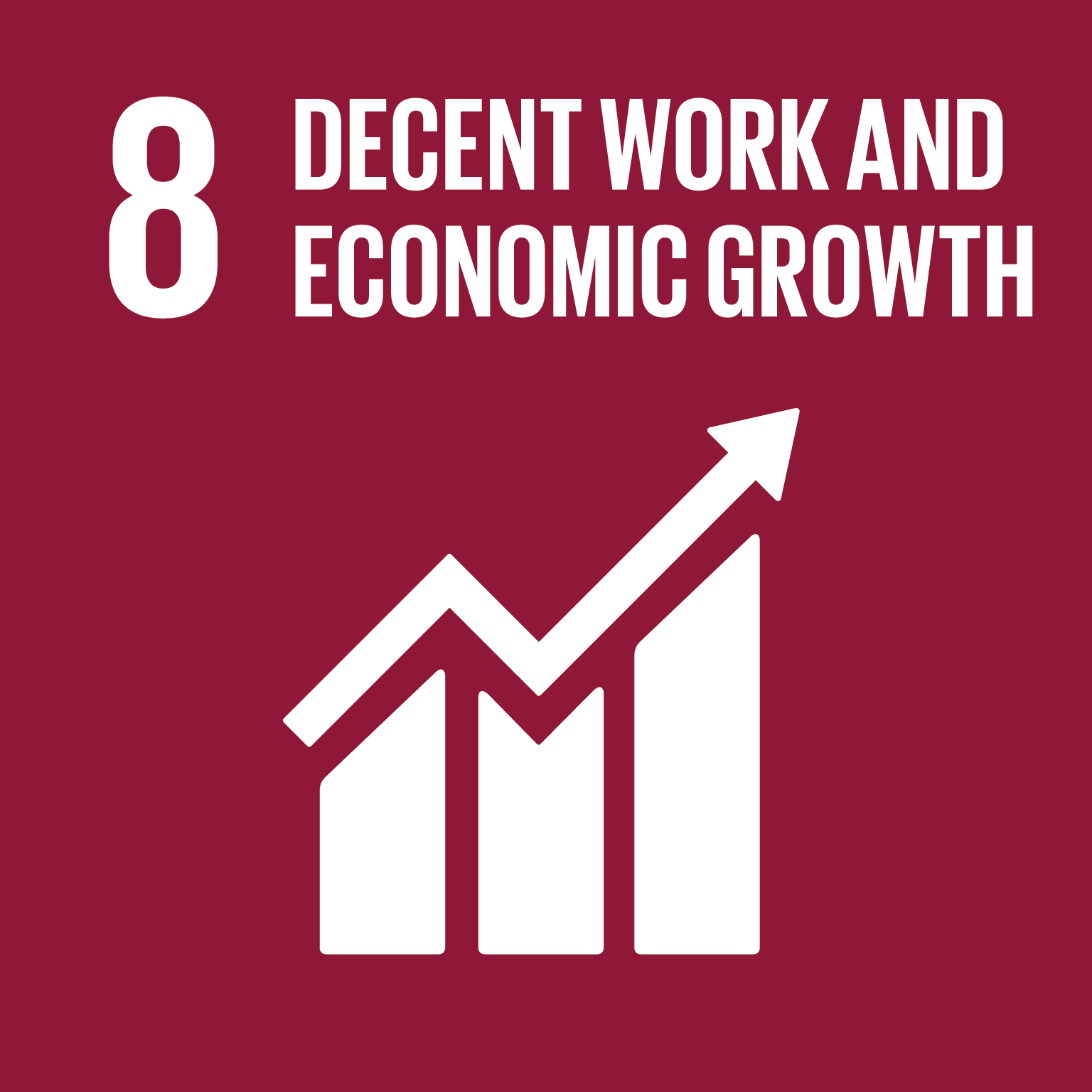Project Renitantely
Project Renitantely is working to improve the sustainability and viability of beekeeping as a livelihood amongst rural communities in the Anosy region.
In an area of Madagascar that is primarily dependent on farming and fishing for survival, the unpredictable climate commonly leads to failed harvests or low yields. Compounded by a rapidly expanding population, traditional livelihood activities are increasingly unable to provide sufficient incomes for rural families.
With limited alternatives, communities are forced to use natural resources around them, which leads to overexploitation of resources and loss of biodiversity. Madagascar’s honeybee, Apis mellifera unicolour, is just one of the country’s 150,000 endemic species that is at risk due to this loss of habitat.
It helps me to feed my family after that, to buy medicine if anyone is sick, to buy furniture; these are the things that the income from beekeeping helps me with.
Beekeeper from Mahialambo


1) Local beekeeping technician with a hive frame in Tsagnoriha. 2) Beekeepers monitoring the health of a hive.
Phase I (2016-2019)
Renitantely: Phase I focused on increasing supplemental income for novice beekeepers. The project worked with 78 beekeepers across six communities in the Anosy region. Alongside the distribution of materials to build and repair hives, technical beekeeping skills trainings were implemented, topics including maintaining hives, pest management, and supplementing forage.
Interim Phase (2020-2023)
The interim phase built on the successes of Phase I by tackling key challenges faced by beekeepers in Anosy, including restricted market access, inadequate forage, and a lack of capital to invest in their enterprises.
Key successes:
- Over the course of 2023, over 1,000 litres of honey and 67kg of wax were produced and sold by 16 participating beekeepers, collectively generating 1,111,0000 MGA (approximately £1,924).
- All of the participating beekeepers acquired apiary identification codes from the Ministry of Agriculture and Livestock, facilitating official validation and access to new networks and markets.
- SEED supported beekeepers to establish a formal contract an international honey exporter, requiring beekeepers to meet international honey quality and extraction standards.
- To enhance forage availability, 465 tree seedlings and 155 vegetable seed packets were distributed to beekeepers in March 2023. As an unexpected benefit, sales from harvesting from these plants generated an estimated 533,000 MGA, successfully supplementing beekeeper’s income outside of honey harvesting season.
Pre-Phase II (January – June 2024)
This six-month phase acts as a bridge between the interim phase and the start of Phase II. During the six months, the project will expand to three new communities alongside the existing locations, and work on perfecting technical beekeeping skills and fostering independence for participants.
Phase II (2024-2026)
Phase II is designed to improve the productivity and product quality of local beekeeping businesses through training sessions and the distribution of equipment. All capacity building exercises are aimed at ensuring beekeepers are equipped to maximise on new market opportunities.
Educational focuses include understanding and enforcing international honey standards, and managing bee forage and local pest management in the changing climate. To further strengthen beekeepers’ businesses, training in financial literacy and entrepreneurial skills will be delivered, and a saving scheme established to support financial stability.
Phase II will focus on strengthening current sales avenues as well as researching and establishing new routes to market for honey and beeswax. The development of new value-added products will also be supported to expand market reach.
Donors
Evan Cornish Foundation, Nando & Elsa Peretti Foundation, WF Southall, Open Gate Trust, Eurhope and private donors.


